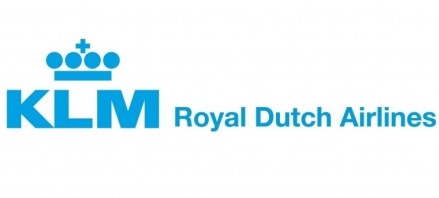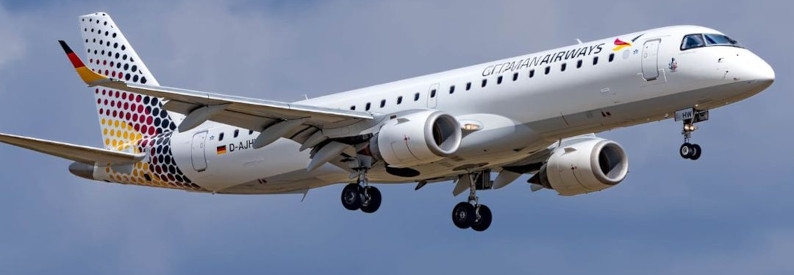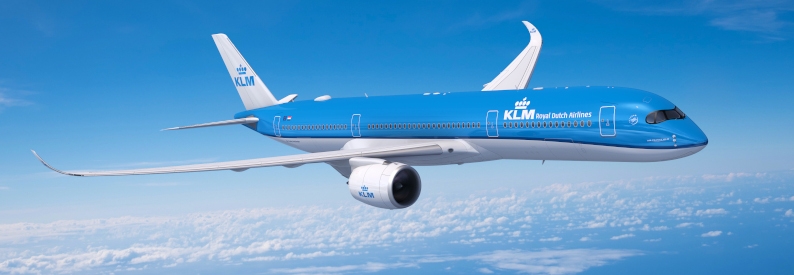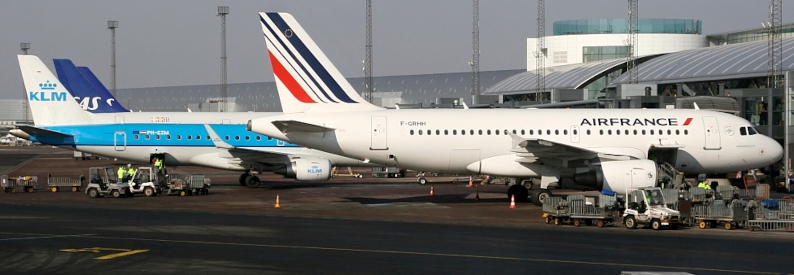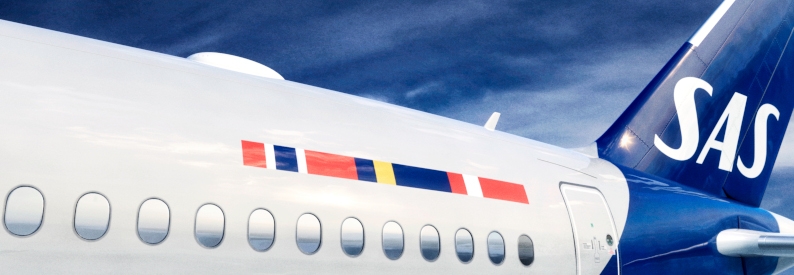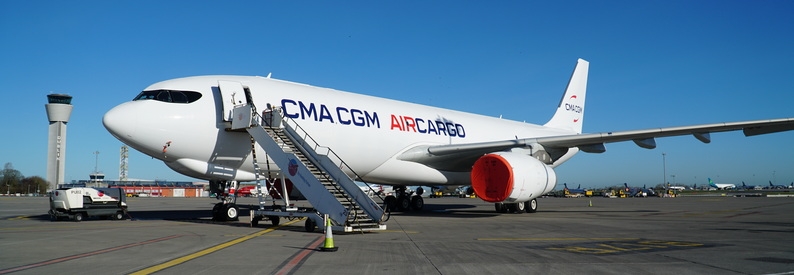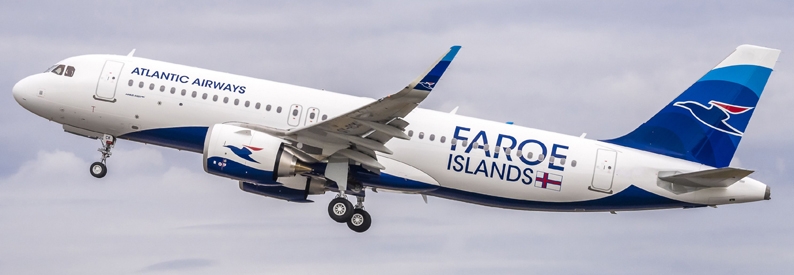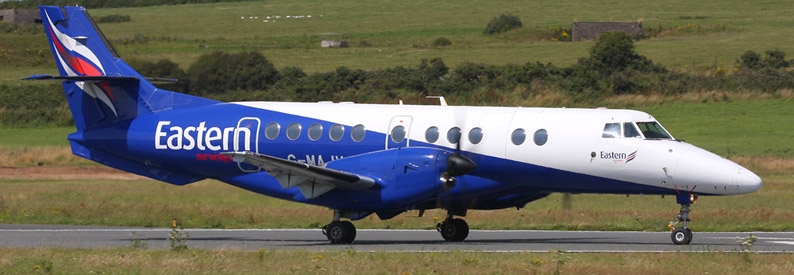The international air transport industry and the US government have warned of retaliatory action in response to the Dutch caretaker government's decision to move ahead with plans to cap the number of flights at Amsterdam Schiphol to reduce noise pollution, disregarding a plan by KLM Royal Dutch Airlines (KL, Amsterdam Schiphol) that would avoid drastic flight cuts.
In a recent announcement, Infrastructure and Water Management Minister Mark Harbers revealed the Dutch government has formally presented proposals to the European Union to reduce noise by 5% per day and 15% at night by lowering annual flights at Schiphol in 2024 from the current 550,000 to 452,500. In addition, it proposes to limit night flights to 28,700 per year; control the use of runways; and enforce quieter aircraft at night (between 2300L (2200Z) and 0700L (0600Z)). The Dutch Cabinet will make a decision following the EU's assessment. The toned down plan comes after a proposal last summer to reduce noise pollution by implementing a 20% reduction in Schiphol operations, which would have resulted in capping flights at 460,000 movements per year.
However, according to a letter obtained by the Dutch newspaper De Telegraaf, the US Department of Transportation (DOT) has warned the unilateral decision contravenes the open skies agreement between the United States and the European Union, of which The Netherlands is a member state. It reportedly warned that "cooperation between Dutch and American airlines could fail" and that KLM would risk losing US frequencies.
The International Air Transport Association (IATA), the European Business Aviation Association (EBAA), and the European Regions Airline Association (ERA) warned the proposed cuts must not proceed under the leadership of a Dutch caretaker government. "This matter remains before the courts, and the proposed process is strongly opposed by the airline industry; therefore, in no way can this be considered 'uncontroversial'. In a few months' time, this government will not be accountable for the severe consequences that may follow from the Schiphol decision, particularly with respect to relations with the Netherlands' trading partners, and lost jobs and prosperity at home."
"Flight cuts of this magnitude at Schiphol will mean reductions in slot holdings that will negatively impact passenger and freight services. No mechanism, domestic or international, exists for agreeing to such cuts. Rushing this process through could result in retaliatory international action and further legal challenges, including from governments defending their rights under international agreements and bilateral treaties," the organisations warned.
IATA and KLM, in separate statements, said Harbers' decision was "incomprehensible" as he was opting to focus one-sidedly on unnecessary capacity reduction instead of on feasible noise reduction that did not necessitate a flight cap. "This is not about the number of flight movements but about reducing noise. The noise targets can be achieved in a better way that would really benefit local residents, the climate, airlines and the Dutch economy," IATA and KLM said in statements. "We find it inconceivable that the minister plans to tear down what KLM has helped build over almost 104 years," the airline said.
KLM had proposed a three-pronged approach on June 15: Investing in cleaner, quieter, and more efficient aircraft; adopting smarter flight procedures; and adjusting flight schedules to deploy the quietest aircraft at night. The plan was verified externally by the independent Netherlands Aerospace Centre (NLR).
- Type
- Base
- Aircraft
- Destinations
- Routes
- Daily Flights
